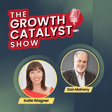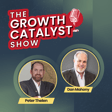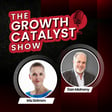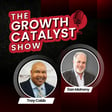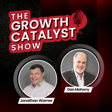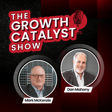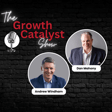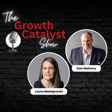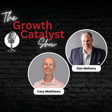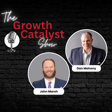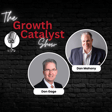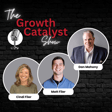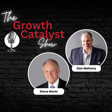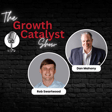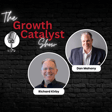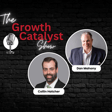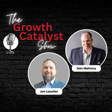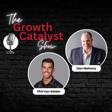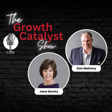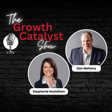
Mapping the Financial Landscape: Ray Godleski's Strategies for Success
Join Ray Godleski from Southeast Wealth Partners as he unpacks the complexities of financial planning and risk management to guide you toward securing a prosperous future. This episode provides essential strategies for anyone looking to enhance their financial stability and prepare for retirement.
Ray Godleski is a Financial Advisor of Southeast Wealth Partners, LLC located in Suwanee, GA. Securities and investment advisory services offered through Osaic Wealth, Inc. member FINRA/SIPC. Osaic Wealth is separately owned and other entities and/or marketing names, products or services referenced here are independent of Osaic Wealth.
The views expressed are not necessarily the opinion of the podcast host and should not be construed directly or indirectly, as an offer to buy or sell any securities mentioned herein. Investing is subject to risks including loss of principal invested. Past performance is not a guarantee of future results. No strategy can assure a profit nor protect against loss. Please note that individual situations can vary. Therefore, the information should be relied upon when coordinated with individual professional advice.
